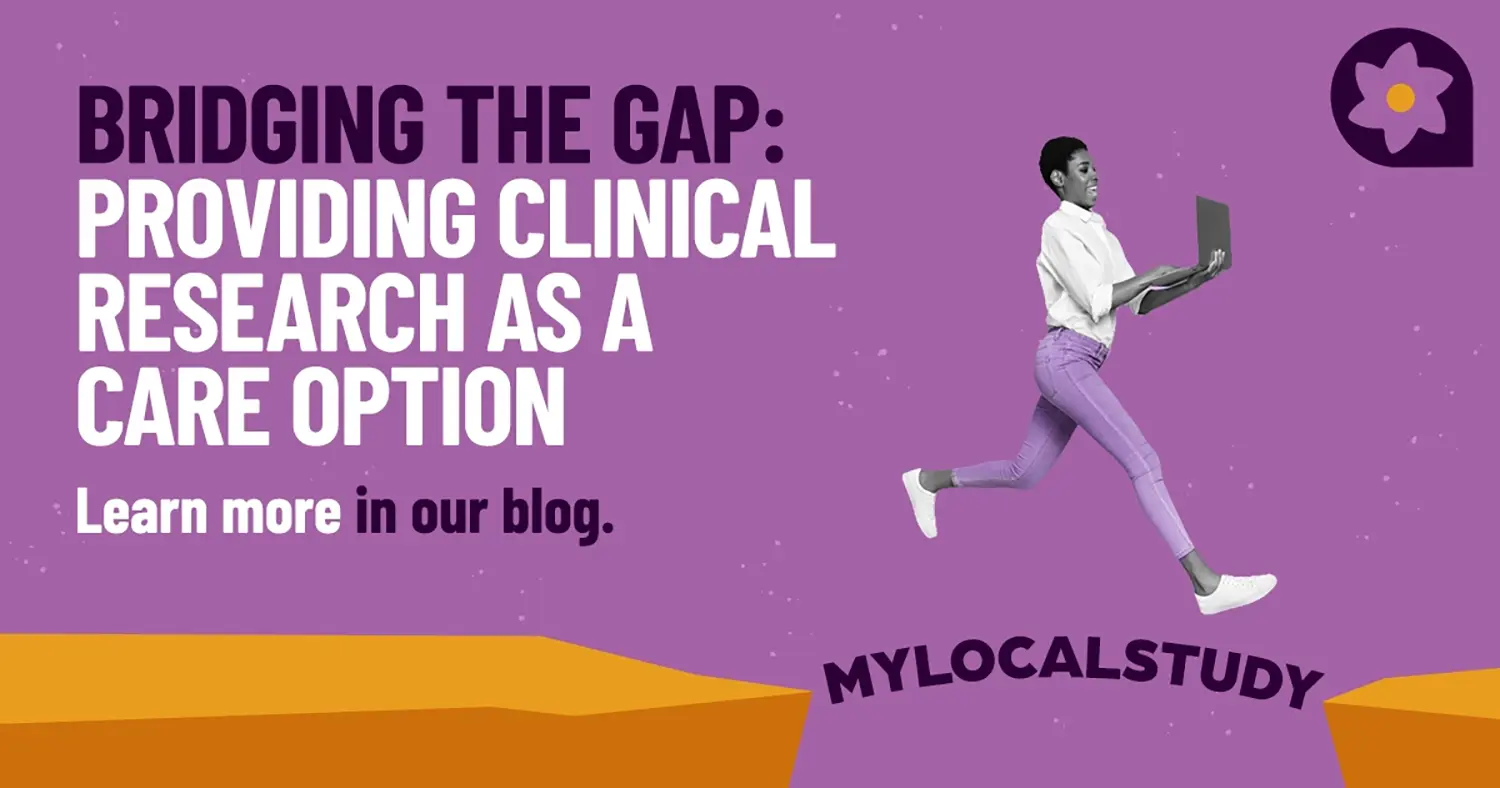Exploring Clinical Trials as a Care Option
Clinical research, despite its potential to revolutionize healthcare, is often treated as a separate, less prestigious branch of medical science that is transactional in nature, rather than a viable integrated care option. This oversimplification of clinical research limits its potential impact on healthcare to the detriment of overall patient care and population health. This disconnect prevents valuable research data from informing healthcare decisions made by physicians and leaves patients unaware of potentially game-changing clinical trial opportunities.
The Potential of Clinical Research in Healthcare
The overarching goal of research studies is to improve human health and well-being. However, a significant silo effect exists, characterized by a lack of communication and shared goals between research organizations and mainstream healthcare providers. Clinical research is often treated as a distinct entity, operating independently from standard patient care.
This separation has several ramifications:
- Valuable data gleaned from clinical trials is often underutilized by healthcare systems
- Patients and physicians often remain unaware of clinical trial options due to this lack of integration
- The slowed translation of research findings into improved clinical practice hindering progress and delaying the adoption of potentially life-saving treatments.
The consequences of failing to bridge the gap between standard patient care and clinical trial care include making practice-changing insights inaccessible, thereby making it difficult for physicians to inform and improve patient care. This leaves both patients and physicians in the dark, leading to underinformed healthcare decision-making on both ends.
Clinical Trials as a Viable Care Option
Integrating clinical trials into the healthcare ecosystem offers numerous benefits for both patients and the healthcare system, including:
- Providing better access to cutting-edge treatments, including innovative therapies not yet widely available.
- Facilitating the development of personalized medicine, tailoring treatments based on individual patient characteristics rather than relying solely on established standards.
- Providing participants with close monitoring and care from research teams, often exceeding the level of attention in standard care settings. Ensuring patient well-being.
- Providing free care for participants, and in some cases, offering compensation for time and participation.
The benefits extend to the healthcare system as well. Clinical trial data contributes to a better understanding and treatment of diseases, leading to improved population health. This, in turn, can reduce the workload on healthcare workers, allowing them to focus care where it is most needed. Clinical trials are also the engine of medical progress, driving advancements in medical knowledge and practice. In the long term, more effective treatments developed through trials have the potential to reduce overall healthcare costs.
Bridging the Gap: Integrating Clinical Research into Patient Care
Realizing the full potential of clinical trials requires a concerted effort to bridge the gap between research and practice.
Healthcare organizations must play a crucial role by actively promoting clinical trial participation as a viable care option. They should encourage their facilities and physicians to partner with and host research studies. Closer collaboration between researchers and clinicians is essential to ensure that patients are informed about relevant trials.
Physicians are key to this integration. They should be encouraged to discuss clinical trial options with their patients when appropriate, especially in underserved communities where access to innovative treatments may be limited. Staying informed about available clinical trials and their potential benefits is crucial for physicians to provide comprehensive and cutting-edge care.
Patients, too, must take an active role. They should be empowered to ask their doctors about clinical trial opportunities and seek information from reputable sources. Taking ownership of their healthcare journey includes exploring all available options, including participation in clinical research.
Integrating clinical research into mainstream healthcare offers immense potential to improve patient care, advance medical knowledge, and optimize healthcare delivery. By fostering collaboration between researchers, healthcare providers, and patients, we can unlock the full power of clinical trials, transforming them from a separate entity into an integral component of comprehensive and innovative healthcare. This collaborative approach will ensure that patients have access to the most advanced treatments and that the healthcare system benefits from the valuable insights generated by clinical research.

